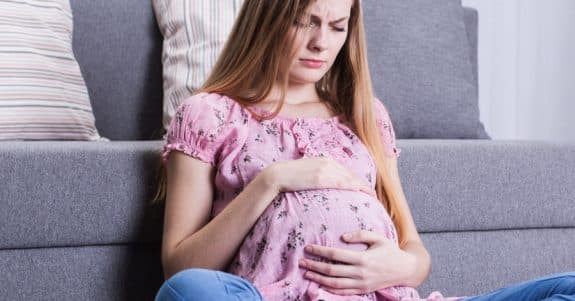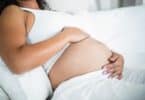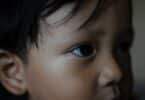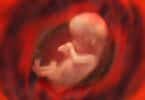A new study published in the journal Autism Research says a team from the University of Missouri in Colombia has identified a variant of a gene that is sensitive to stress. During their research they observed this gene in two groups of mothers whose children have autism. The study was led by Dr. David Beversdorf.
Stress is a factor for a number of health risks, but of special concern to pregnant women because it is linked to conditions that could affect their babies. And while the new findings are significant, these researchers warn that additional studies are needed.
Autism spectrum disorder (ASD) includes several conditions: autistic disorder, pervasive developmental disorder, and Asperger syndrome. ASD is a developmental disorder that causes social, communication and behavioral challenges. Individuals suffering from ASD have some degree – mild to severe – of difficulty with learning, thinking and problem-solving skills. In the US, the Centers for Disease Control and Prevention reports that 1 in 68 children is diagnosed with some form of ASD. Although the disease crosses all racial, ethnic and socioeconomic groups it is 4.5 times more common in boys.
In this study, researchers explain that autism has previously been characterized as a genetic disorder, but new research also implicates environmental influences in development of the condition. Dr. Beversdorf says that some moms with high stress levels don’t have autistic children while others do, so to understand why his team studied a certain gene known to affect stress.
They found a link between that gene and the development of autism with exposure to stress. The gene regulates serotonin in the nervous system. When a variation of the gene exists, it increases the body’s reaction to stress.
In the two groups of women studied, both groups had mothers of children with autism who reported more stress during their pregnancy than the women who do not carry the specific gene variant.
Researchers emphasized that this was an observational study and their findings indicate the need for further research. Dr. Beversdorf hopes those additional studies can help medical practitioners identify women at greater risk for exposure to stress.







